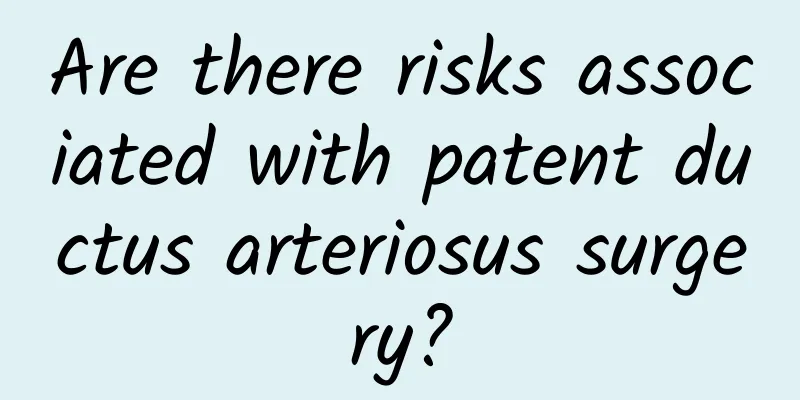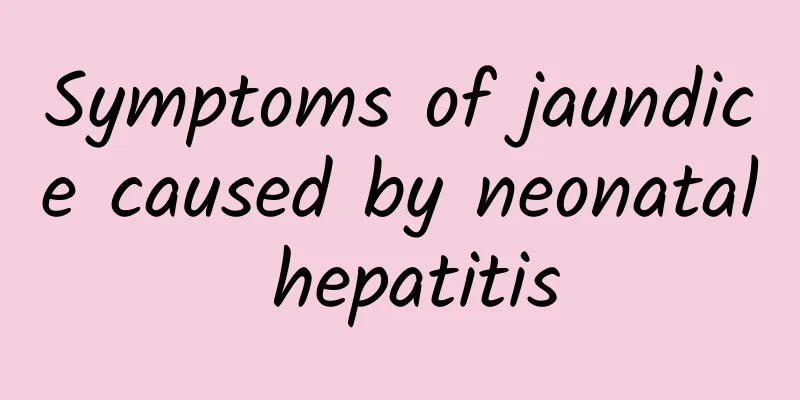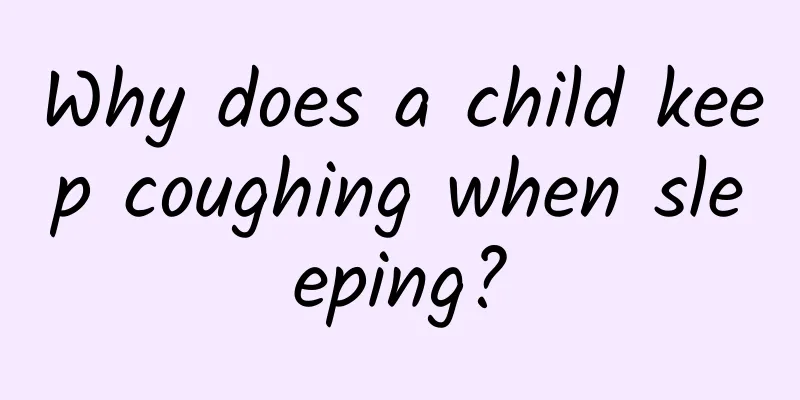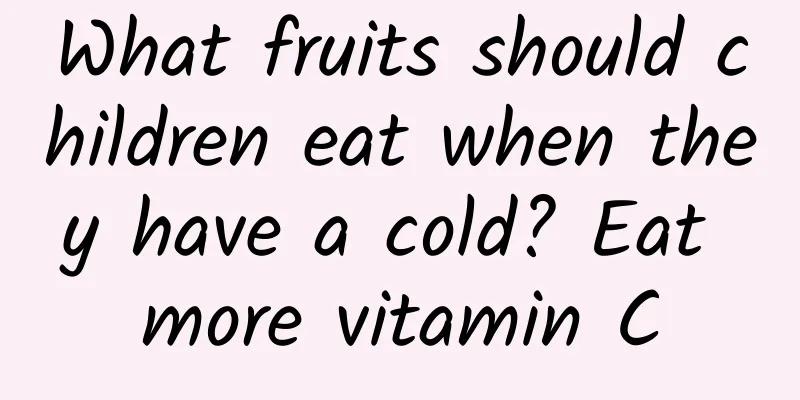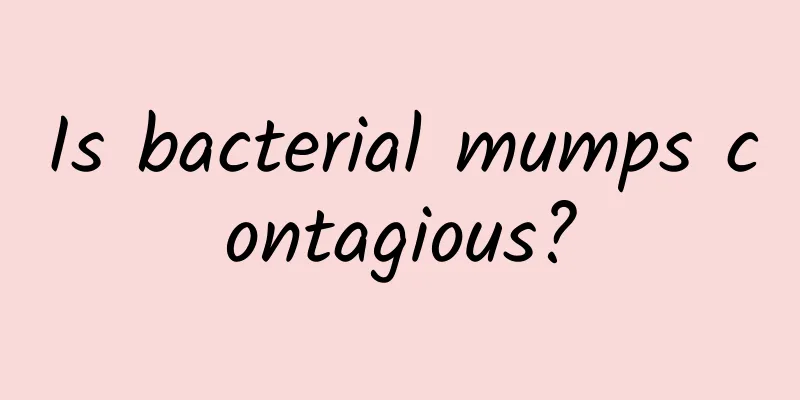What causes polio?
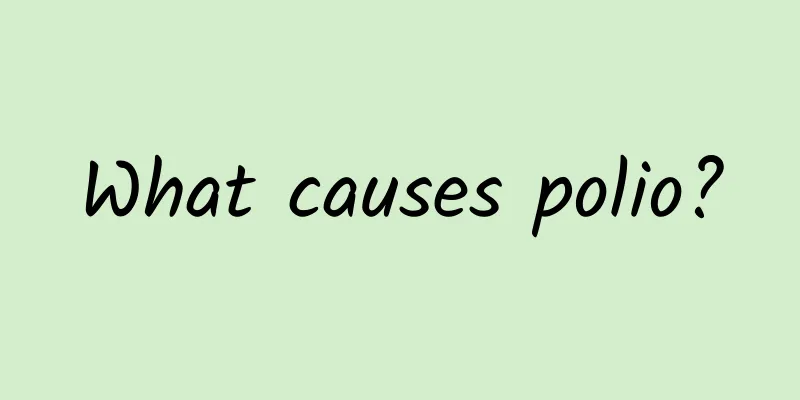
|
Poliomyelitis is caused by poliovirus infection and is mainly transmitted through contact between people. The causes of the disease involve viral infection, immune deficiency, genetic susceptibility, and poor environmental hygiene. Active vaccination is the most effective way to prevent the disease. 1. Viral infection is the direct cause Polio occurs when the polio virus infects the central nervous system. The virus enters the body through the mouth and replicates in the intestines, then spreads to the blood and damages nerve cells in the spinal cord or brain stem, causing irreversible nerve damage. Severe cases may lead to limb paralysis or even respiratory failure. In areas where the virus is prevalent, it is very important to maintain personal hygiene and avoid direct contact with virus carriers. 2. Immunocompromise increases risk of infection Since infants and young children have an underdeveloped immune system, if they are not vaccinated in time, their ability to resist viruses is very low, making them a high-risk group for infection with the polio virus. In some cases, immune system abnormalities or long-term diseases can also significantly increase the risk of disease. Therefore, it is recommended to vaccinate children with inactivated polio vaccine and oral live attenuated vaccine on time, and complete the full immunization program when the infant is 2 months old, 4 months old, 6 months old and 4 years old respectively. 3. Genetic factors and susceptibility Although poliovirus is an exogenous pathogen, some studies have shown that the differences in susceptibility of different individuals and races to the virus may be related to genetic factors. Genetic mutations in some children may make their nervous systems more vulnerable to the virus. Even if individuals in the same region live under the same sanitary conditions, the severity of the disease outbreak may still be different. 4. The driving force of adverse environmental conditions Poor sanitation, contaminated drinking water and densely populated living environments are important factors in the spread of polio. In developing countries or poor areas, the incidence of the disease is relatively high and there may even be outbreaks. Washing hands, improving drinking water hygiene and food handling standards are key to reducing the risk of virus transmission. How to effectively prevent At present, vaccination against polio is the most effective way to prevent polio. Parents should take their children to complete vaccination on time, especially before going to epidemic areas or areas where the virus is prevalent, to further strengthen immunity. Attention should be paid to the hygiene environment of the family, avoiding eating unclean food or drinking contaminated water, and reducing the transmission of the virus. Polio is a preventable but difficult to treat disease, with viral infection as the main cause and affected by multiple factors such as immunity and environmental hygiene. Early vaccination and maintaining good hygiene habits are the key to preventing the disease. If suspected symptoms are found, timely medical treatment can avoid further deterioration and minimize the impact on children's normal life. Parents should attach great importance to relevant prevention and treatment measures to protect their children's health. |
<<: Is fever the main symptom of acute laryngitis in children?
>>: Can Hirschsprung's disease be detected in the fetus?
Recommend
Is polio hereditary?
Polio is not hereditary. It is an infectious dise...
How to treat a child who keeps coughing?
Children have relatively poor disease resistance....
What foods are good for children with diarrhea
It is good for children with diarrhea to eat mill...
The harm of persistent cough caused by pneumonia in children
Pediatric pneumonia is a common disease in childr...
Medical care for children with mid-stage renal disease
Adults are a high-risk group for kidney disease, ...
What is severe breast milk diarrhea?
Severe breast milk diarrhea is a very common dise...
How to prevent children from catching a cold? Five preventive measures for children catching a cold
When the seasons change, children are most likely...
What medicine can children take to get better quickly from acute mumps?
Children with acute mumps usually need to choose ...
The main symptom of acute laryngitis in children is dyspnea
One of the main symptoms of acute laryngitis in c...
What are the symptoms of eczema in a two-month-old baby? How to treat eczema in a two-month-old baby?
Many babies develop eczema on their faces shortly...
Is patent ductus arteriosus difficult to cure?
Is patent ductus arteriosus difficult to cure? Th...
How to treat acute laryngitis in children
Acute laryngitis in children requires immediate m...
What are the preventive measures for acute laryngitis in children?
What are the preventive measures for acute laryng...
Is there a good hospital for polio?
Polio is a very scary disease. Many people wonder...
The effects and side effects of plums
Plum is a common fruit, but it has many functions...
